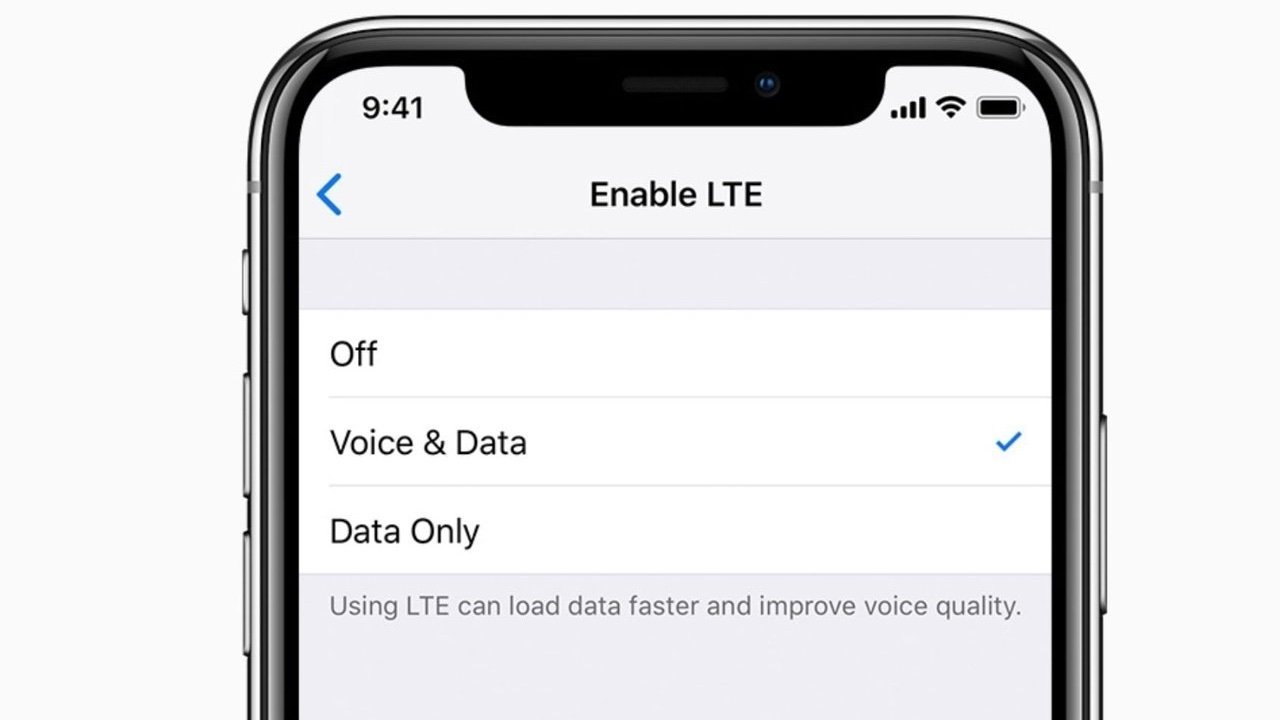The UK’s Court of Appeal has declared Apple’s payment to patent troll Optis Cellular for standard-essential 4G payment royalties is too low, with the iPhone maker now on the hook for $502 million.
In 2022, the UK’s High Court determined that Apple had infringed on standard essential patents concerning 4G technology, and therefore had to pay Optis royalties. While there was the prospect of Apple paying out billions in royalties to Optis, the High Court decided on a much lower charge of $56.43 million, plus interest.
Based on a challenge on the amount from Optis, the Court of Appeal agreed that it was too low, and Apple should pay more. According to Reuters, Apple has to pay Optis $502 million for the use of the 4G patents in iPhones and other cellular devices.
The Court of Appeal’s partially redacted ruling states that Apple should pay the lump sum to cover the period of 2013 to 2027. That $502 million would pay for a global license to use patents from Optis.
Following the ruling’s publication, Apple said it was “disappointed by this decision” and that it plans to appeal.
The Apple spokesperson continued by pointing out Optis as being a patent troll.
“Optis makes no products and their sole business is to sue companies using patents they buy,” the spokesperson said, before insisting that Apple will continue to fight attempts to extract unreasonable payments.
Optis naturally agreed with the decision, which “corrected a clearly flawed prior ruling.”
Turbulent lawsuit with ramifications
This is not the only lawsuit Apple has had to deal with from Optis. Under lawsuits in the United States, Optis and PanOptis won a $506.2 million award in 2021 over the use of 4G LTE patents, but the sum was later cut down to $300 million.
However, it’s plausible that this ruling could interfere with the UK’s demand for Apple to hand over more money to Optis. The UK ruling is for a global license for the 4G patents, and Apple could potentially argue that it will effectively be paying double with the two multi-million rulings separated by the ocean.
Depending on how Apple takes the ruling, it has the opportunity to argue to one of the courts that the double payment is unnecessary, given the UK ruling’s use of a global license. The U.S. ruling only applies to the U.S.





